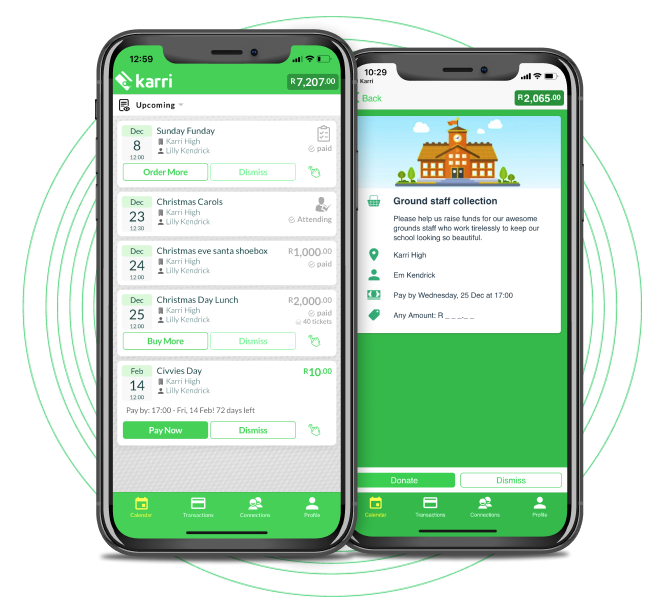Here’s what we know…
Basic Education Minister Angie Motshekga has announced that schools will begin their gradual phased approach back as of 1 June 2020. The minister has said independent or private schools would also be opening in the metropolitan areas, adding the revised school calendar would be gazetted soon.
Motshekga said that the government has come up with measures to make up for lost time. “The virus has forced us to re-engineer the basic education system,” she said. It was also noted that parents can choose to keep their children at home, deputy minister Makgabo Mhaule said, also adding that she is endorsing home schooling.
Pupils in countries such as China, Norway, France and the Netherlands have already returned to school. Rules differ from country to country. For example, class sizes are being kept smaller, or lessons are taking place outside. In France, secondary school pupils have to wear masks.
New reports point out that in general children with Covid-19 have a far milder form of the disease than adults and that they are far less likely to show symptoms. It has also been noted that there is some (albeit limited) evidence that children are far less likely to catch the Coronavirus than adults, however, it is unclear whether they transmit the virus less than adults.
What can we expect?
School management teams and teachers will arrive at schools on the 25th May, and will receive full training about new health and safety standards.
Regular hand sanitization and face masks will most likely be compulsory and children will be asked to adhere to strict social distancing rules. On the plus side, we may see teachers asking the children to spend more time outdoors.
One thing for sure is that we’ll see a total decline in cash on school property. Cash and point of sale systems put people directly at risk of contracting the Coronavirus. Right now, it is vital that schools do not allow parents to come onto school grounds to use POS machines or for children to be handling dirty money. Using a trusted system like Karri helps eliminate the risk of your school community contracting COVID-19.
Implementing practical and innovative solutions in your school to help prevent the spread of the Coronavirus is vital. A cashless system like Karri gives you access to a seamless online system which allows you to collect, track and manage payments made to your school. There are no hidden costs, no signup fees, plus the Karri app is totally free for parents to download and use.
Where can I find resources?
For the latest update on the COVID-19 outbreak in South Africa, check out @GovernmentZA on Twitter
For more information on swiftly implementing a cashless solution into your school before the reopening of schools on 1 June, contact us on 021 300 1867 or support@karripay.com








